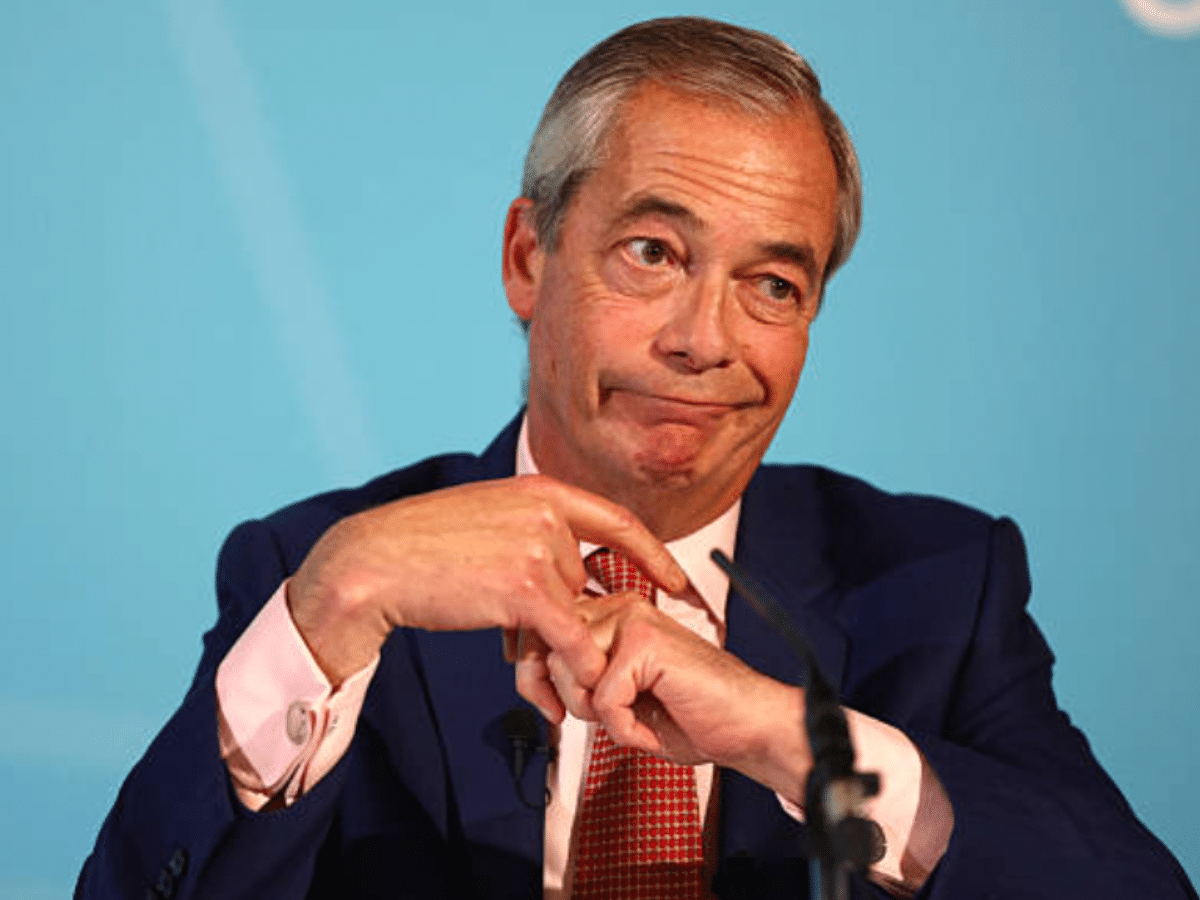A UN report has directly blamed the state and mainstream political parties for engineering a “welfare dystopia” of surveillance and control that is deliberately fuelling the rise of the far-right.
The report, Far-right populism and the future of social protection by UN Special Rapporteur on extreme poverty and human rights Olivier De Schutter, slammed the growing attitude of mainstream parties globally that encourages the idea:
that the welfare State is ‘inefficient’ and ‘wasteful’, that ‘social rights are not rights but perks given to a parasitic group’.
UN report: manufacture of ‘welfare dystopia’ feeding the far-right
By emphasising that social protection must be “deserved” and by tightening eligibility or imposing stricter conditions, mainstream parties are creating social divisions that fuel the far-right.
De Schutter wrote:
However, even more than individual conditions such as unemployment or having to live on low incomes, it is the fear of status loss that fuels radical right-wing populism.
Far-right politicians manufacture resentment… They create ‘anxious citizens’.
De Schutter stated that this political reengineering of the welfare state has created a system:
marked by increased surveillance, social control and welfare paternalism.
This, in turn, generates the precise economic insecurity and fear of status loss that far-right movements exploit to gain power.
In the UK, the Post Office Horizon scandal is highlighted by the report, where:
over 700 subpostmasters were falsely accused… of theft, fraud and false accounting based on data collected by a software system… that courts subsequently found to contain ‘bugs, errors or defects’.
The Department for Work and Pensions (DWP) Carer’s Allowance scandal is also highlighted in the report, where “more than 134,000 families were forced to pay back” support, often due to opaque rules, with overpayments totalling “£250 million” and leaving households in “financial distress”.
Further, the report notes that:
the disappearance of community pubs worsened social isolation, leading to increased support for the anti-immigration United Kingdom Independence Party (UKIP).
A system of stigmatisation and surveillance rather than support
It draws a direct line between austerity’s erosion of social infrastructure and political extremism.
The report lists the Partij voor de vrijheid (PVV) in the Netherlands, Rassemblement National in France, Alternative für Deutschland in Germany, the UK’s UKIP, the Trump movement in the USA, Javier Milei in Argentina, and the BJP in India as key examples of far-right forces benefiting from this engineered crisis.
De Schutter warned that:
the digitalization of welfare facilitates the expansion of conditionalities, since it allows not only for the increased monitoring of recipients, but also for automated sanctioning where fraud is suspected.
This creates a system where individuals “feel stigmatized and surveilled rather than supported”, fostering an:
alienated public that feels both blamed for their poverty and stripped of their dignity.
Keir Starmer’s digital ID push can be seen as an example of this “welfare dystopia”. Starmer’s 26 September tweet claiming digital ID would “make it tougher to work illegally here” was quickly flagged with a Community Note pointing out that “illegal migrants” already don’t have work visas, and digital ID would do nothing to stop cash-in-hand work.
The findings build on another damning UN report from March 2025, where the Committee on Economic, Social and Cultural Rights condemned the UK’s “decade-long austerity measures” for eroding rights and exacerbating inequalities.
That report expressed:
concern that the ongoing fiscal consolidation could further reduce social spending, exacerbating inequalities and hindering the realization of Covenant rights, particularly for the most disadvantaged groups in society.
The right-wing ‘populism of the privileged’
These findings have been echoed by other organisations. For example, the Resolution Foundation found that Britain’s living standards slowdown over the past 20 years meant that families had suffered £20,000 of lost living standards growth over that period.
The narrative of fiscal scarcity used by mainstream parties to justify welfare cuts while military spending soars, is a political choice that deepens the very inequalities fuelling the far-right.
As De Schutter’s report notes, this “populism of the privileged” is perfectly illustrated by legislation like the US ‘One Big Beautiful Bill Act‘ of 2025 which transfers resources from the poorest households to the richest through massive cuts to food and healthcare programs while increasing military spending.
The UK’s New Economics Foundation’s analysis also confirmed this toxic trade-off: if governments can find hundreds of billions for defence, they cannot claim care and climate action are “unaffordable”.
Instead, the report is yet more proof that politicians – often themselves coming from elite backgrounds – weaponise poverty and the welfare state
Featured image via the Canary













